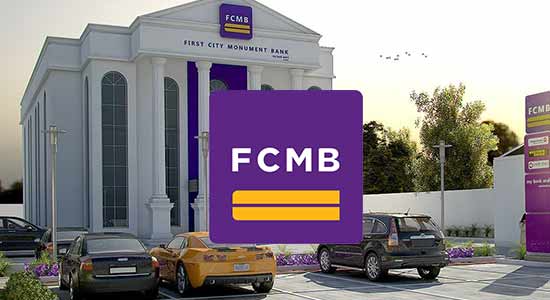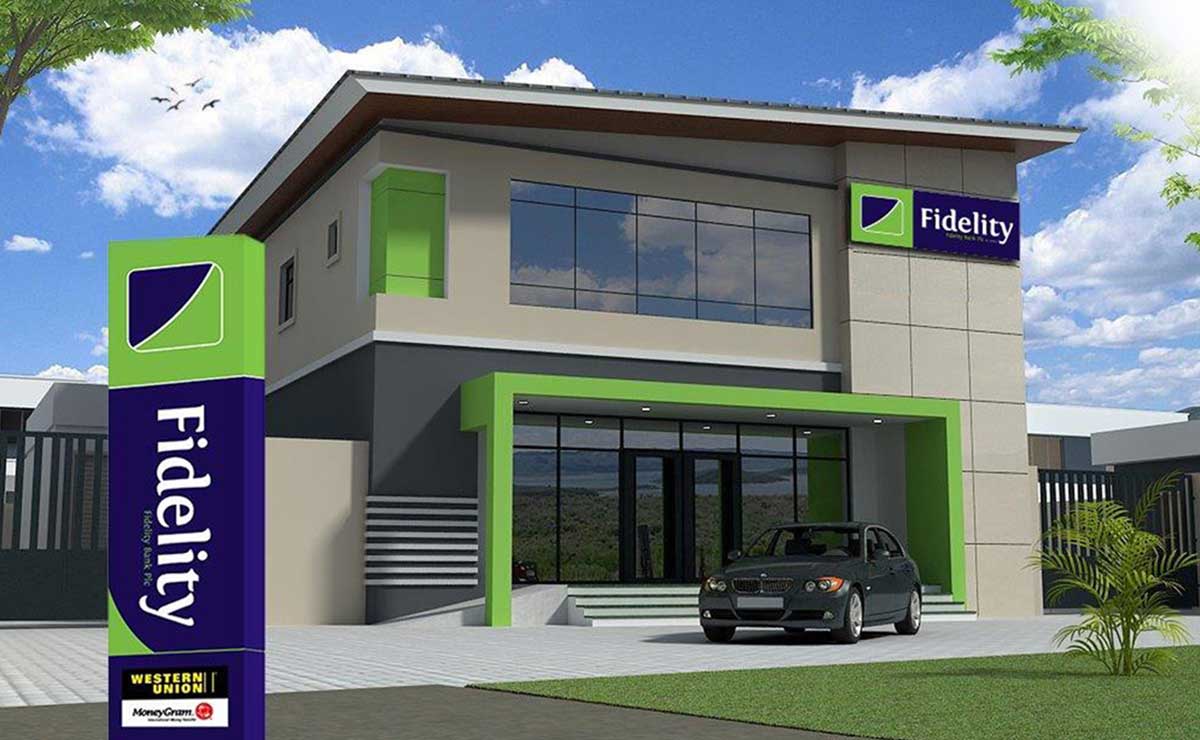The Nigerian banking sector is a dynamic environment, with several financial institutions competing for the top spot in terms of financial strength and stability. As of June 2024, the ranking of the top 10 largest banks in Nigeria based on their shareholder funds reveals the industry leaders who have demonstrated robust financial health and significant equity.
In this article, we give you the top 10 largest banks in Nigeria based on their shareholder funds, providing insights into their financial standings, growth strategies, and what sets them apart in the competitive banking environment.
Whether you're an investor, a customer, or simply interested in the financial sector, this comprehensive list of the top 10 largest banks in Nigeria based on their shareholder funds will help you understand which banks are leading the charge and why.
The Top 10 Largest Banks in Nigeria Based on their Shareholder Funds as of June 2024
Based on research data, Nigerian banks currently have a significant capital base exceeding N11 trillion. This considerable figure has led experts to question the need for additional recapitalization in the banking sector.
A recent report from the Central Bank of Nigeria (CBN) indicates plans to increase the capital base of Nigerian banks as the country aims for a $1 trillion GDP.
Currently, the CBN requires a capital base of N25 billion for a national banking license, N10 billion for a regional banking license, and N50 billion for an international commercial banking license. The last major recapitalization occurred nearly two decades ago, in 2004-2005.
Here, we present a ranking of Nigeria’s largest banks by their capital bases, providing insight into the total equity held by these banks as of June 2024.
- Titan Trust Bank – N346 billion
Titan Trust Bank ranks 10th, slightly ahead of FCMB, due to its 100% acquisition of Union Bank of Nigeria. Before this acquisition, the bank had a capital base of N36.4 billion in 2021, sufficient for a national banking license. Post-acquisition, its capital base surged to N346 billion based on Union Bank’s Q1 2023 financial results.
- FCMB – N373.7 billion

With a capital base of N373.7 billion as of June 2024, FCMB ranks 9th. Its capital adequacy ratio was 16.0% as of December 31, 2022, slightly above the CBN's 15% regulatory requirement.
- Fidelity Bank – N411 billion

As of June 2024, Fidelity Bank had a capital base of N410.75 billion, comfortably positioning it ahead of any potential recapitalization. The bank expanded into international banking by acquiring the UK division of Union Bank of Nigeria in June 2024.
- Stanbic IBTC Holdings – N471 billion

Stanbic IBTC Holdings, a subsidiary of Standard Bank Group, had a capital base of N471 billion as of June 2024.
- GTCO Holdings – N1.27 trillion
GTCO Holdings, the parent group of GTBank, reported a total equity of N1.273 trillion as of June 2024, up 36.7% from N931 billion at the beginning of the year. The Nigerian subsidiary, GTBank Nigeria, holds a capital base of N1 trillion.
- Ecobank – N1.33 trillion

Ecobank, known for its multinational operations, had a total capital base of N1.33 trillion as of June 2024. This figure represents the group's total equity.
- FBNH – N1.37 trillion
FBNH, the parent company of First Bank Limited, had a total equity of N1.37 trillion as of June 2024. First Bank Limited itself had a capital base of N1.287 trillion.
- Access Holdings – N1.64 trillion

Access Holdings, with a total equity of N1.64 trillion, ranks as the third-largest bank in Nigeria by capital base. Its Nigerian subsidiary, Access Bank Nigeria, reported a capital base of N1.208 trillion as of June 2024.
- UBA – N1.78 trillion

United Bank for Africa had a total equity of N1.78 trillion as of Q3 2023, making it the second most capitalized bank in Nigeria. The bank's capital adequacy ratio was 28.3% at the end of FY 2022.
- Zenith Bank – N1.92 trillion

Zenith Bank tops the list with a capital base of N1.92 trillion as of June 2024. The bank also achieved the highest pre-tax profit in 2023, amounting to N505 billion. Its capital adequacy ratio stood at 20.1% in June 2024, up from 19.8% in December 2022, indicating strong stability.
The Takeaway
Information from research suggests that potential recapitalization efforts could threaten smaller banks, such as Jaiz Bank with a capital base of N28 billion and Wema Bank, which might be downgraded to a regional bank unless it merges or raises additional capital. Besides the capital base, a bank's regulatory capital adequacy ratio is a crucial metric for assessing its financial health.
In conclusion, the top 10 largest banks in Nigeria based on their shareholder funds as of June 2024 represent the pillars of financial stability and growth within the country's banking sector. These banks have not only shown impressive shareholder equity but also a commitment to sustaining their market leadership through strategic growth and sound financial practices.
By understanding which banks top the list and why, you can make more informed decisions, whether you're looking to invest, open an account, or analyze the financial market. Keep this list as a reference to stay updated on the leading financial institutions in Nigeria and to navigate the banking sector with confidence and insight.

